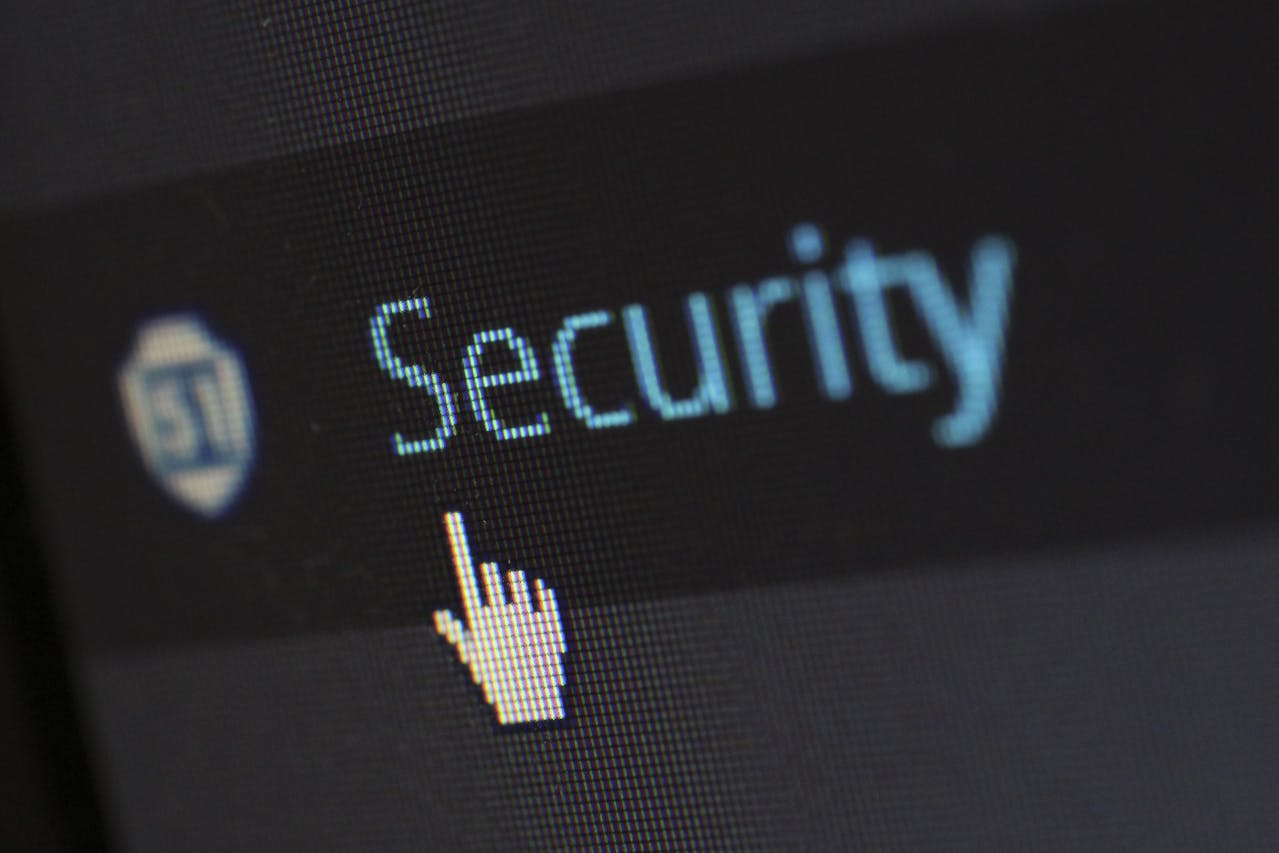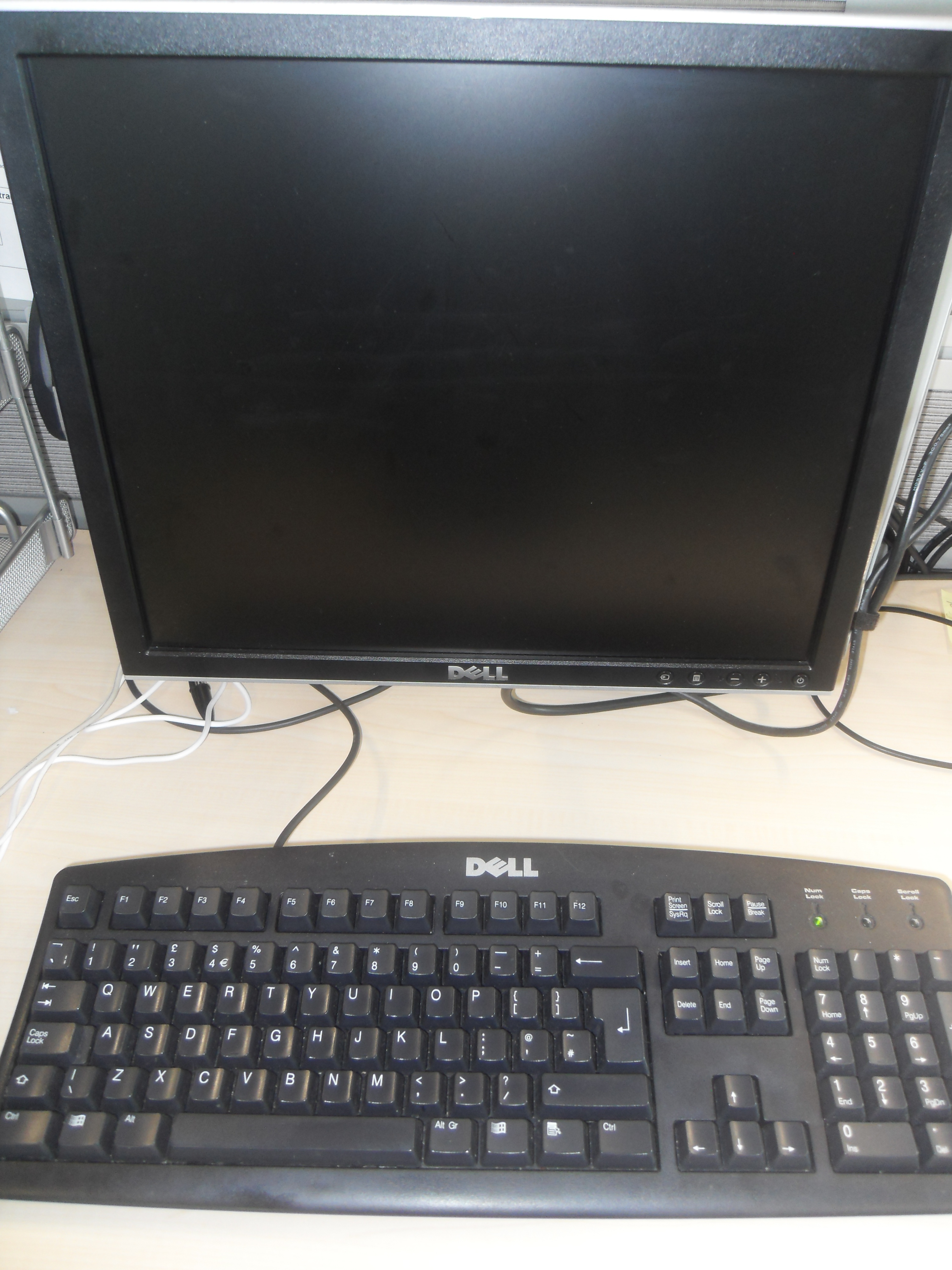
The following are personal views only, aided by ChatGPT, on the pros and cons of potential global laws, universal principles

In a world shaped by rapid technological advancements and complex challenges, the time has come for a new guiding principle—one

[New – Feel free to “buy me a coffee” for the many hours I put into the below in what

By Amanda Hamilton, Patron of NALP (National Association of Licensed Paralegals) The role of the paralegal—both actual and perceived—has changed;

“AI AND THE LEGAL PROFESSION”, By Robin Ghurbhurun, Governing Board, NALP AI is impacting us all, and paralegals are no

In today’s hyper-connected world, law firms are entrusted with safeguarding a treasure trove of sensitive information. From intellectual property and
Each year across the world, each university demands that its students submit essays and dissertations electronically. But very little of that work is published online for the world to read. If it was so published, the knowledge contained within would be shared with billions of people around the planet. It follows that students would gain greater incentive to make their work of better quality. So, why not publish worldwide? Below are outlined the current trends towards emphasis on virtual learning and information dissemination through social media, followed by suggested reasons for universities not publishing students’ work more for free, concluding with a recommended course of action for all universities throughout the world to consider.

Mr Justice Tugendhat ruled that the allegation of paedophilia was serious and could have damaged the plaintiff’s reputation. Now, I don’t know whether Mr Justice Tugendhat has a profile on Facebook or has any idea about social networking sites, but he should be aware, or have been made aware by the defence, that this type of abuse goes on more than he might imagine, albeit not quite as acerbic, indecent and tasteless as in this case. To be clear, the author does not support this sort of bullying in the slightest.